
Allied Health courses in Wollongong
Course providers in Wollongong
The following providers offer Allied Health courses in Wollongong.


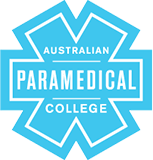






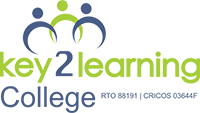








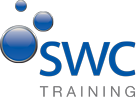

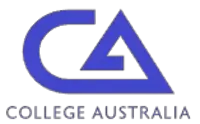

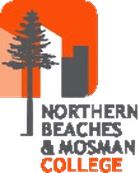





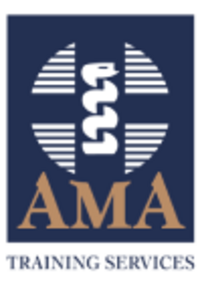






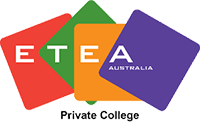






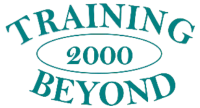



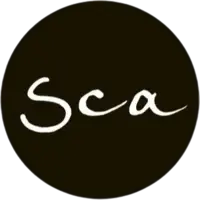










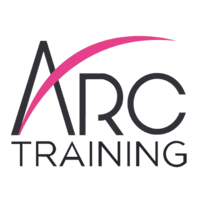
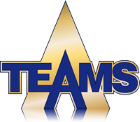






Career Pathfinder
Skills shortages + AI Exposure
Discover in-demand careers and understand how each role may be impacted by AI and automation.
- See in-demand occupations across Australia
- Check AI Exposure ratings
- Compare training duration and average income
Common questions
Occupational therapists help patients perform tasks in daily life, while physiotherapists help patients improve their movement, strength and function. The term occupation refers to everyday life tasks, while physiotherapy refers to physical therapy. Both are science-based allied health roles that aim to improve quality of life through prevention, maintenance and treatment.
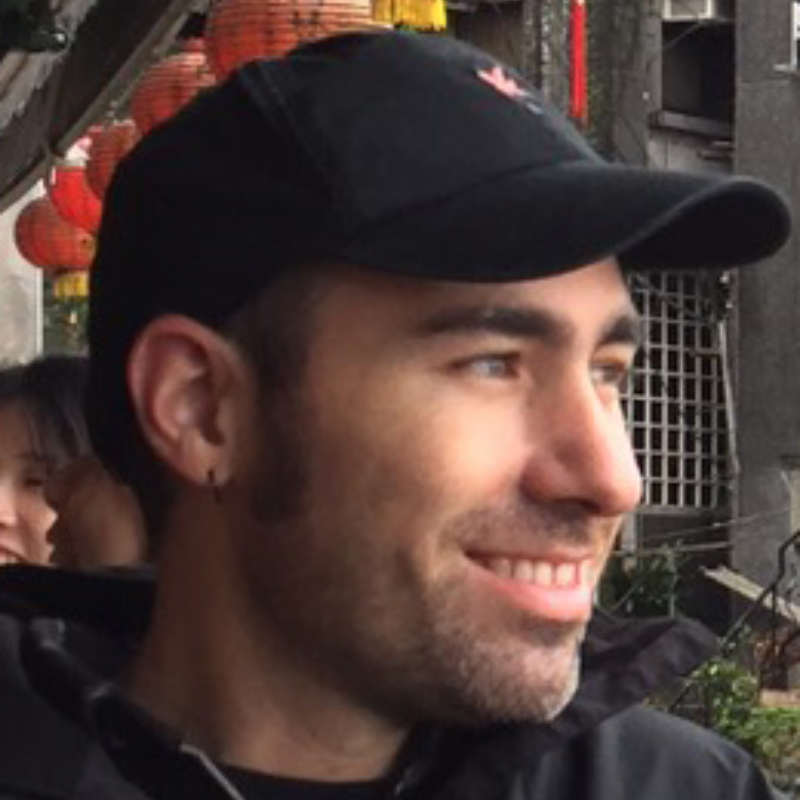 Stephen Charlton
Stephen Charlton
You can become qualified to work as an occupational therapist by completing one of the following degrees, depending on your educational pathway:
- Master of Occupational Therapy (postgraduate degree)
Average duration: 24 months - Bachelor of Occupational Therapy (Honours)
Average duration: 4 years - Bachelor of Occupational Therapy
Average duration: 4 years
 Stephen Charlton
Stephen Charlton
You can become qualified to work as a physiotherapist by completing one of the following degrees, depending on your educational pathway:
- Doctor of Physiotherapy (postgraduate degree)
Average duration: 3 years - Master of Physiotherapy (postgraduate degree)
Average duration: 24 months - Bachelor of Physiotherapy (Honours)
Average duration: 4 years - Bachelor of Physiotherapy
Average duration: 4 years
 Stephen Charlton
Stephen Charlton
Yes, you need to complete an accredited degree to work legally as an occupational therapist or physiotherapist in Australia. The two core pathways are completing a bachelor’s degree or a postgraduate degree. The Occupational Therapy Council of Australia and Australian Physiotherapy Council are responsible for accrediting such courses.
 Stephen Charlton
Stephen Charlton
Yes, overseas-qualified practitioners can work in Australia by registering with the Occupational Therapy Board of Australia or Physiotherapy Board of Australia. Practitioners who are currently registered with the Occupational Therapy Board of New Zealand or Physiotherapy Board of New Zealand can apply directly for Australian registration. Other overseas-qualified practitioners have to fulfil the requirements listed on the relevant webpages of the Occupational Therapy Board of Australia and Physiotherapy Board of Australia.
 Stephen Charlton
Stephen Charlton
If you have already completed an approved degree in a different discipline, you can gain an accredited postgraduate degree to become qualified to work as an occupational therapist or physiotherapist. Examples of such degrees are a Master of Occupational Therapy, Master of Physiotherapy and Doctor of Physiotherapy. Postgraduate degrees in these fields may have additional entry requirements, including but not limited to health-related prerequisite subjects.
 Stephen Charlton
Stephen Charlton
In some cases, completing vocational education and training (VET) in a related discipline can allow you to meet the entry requirements for a bachelor’s degree in these fields. Entry requirements vary between educational providers. Some providers offer a VET entry pathway with a minimum of a Certificate IV, but others require a minimum of a diploma or advanced diploma. Some providers do not offer a VET pathway for these courses at all. Therefore, it’s wise to confirm the entry requirements for your desired bachelor’s degree before starting a VET course.
 Stephen Charlton
Stephen Charlton
In addition to completing an accredited degree, occupational therapists and physiotherapists will need to register with the Occupational Therapy Board of Australia or Physiotherapy Board of Australia to work in Australia. The Australian Health Practitioner Regulation Agency (AHPRA) administers practitioner registration on behalf of these boards. There are different requirements to gain registration for Australian-qualified practitioners, New Zealand-registered practitioners, and other overseas-qualified practitioners.
 Stephen Charlton
Stephen Charlton
Career paths for these professions include independent contracting, starting a practice, working in community care, paediatrics, mental health, rehabilitation, disability, medical or aged care sectors).
 Stephen Charlton
Stephen Charlton
Jobs and Skills Australia reports that the median full-time weekly earnings for occupational therapists and physiotherapists in 2024 are $1,526 and $1,710, respectively. These figures can be contrasted with Australian workers of all occupations, who earn a median full-time weekly income of $1,697.
 Stephen Charlton
Stephen Charlton
There is a significant demand for occupational therapists across Australia. Jobs and Skills Australia’s Occupation Shortage List indicates that the labour market had a shortage of occupational therapists across all states and territories from 2022 to 2024.
 Stephen Charlton
Stephen Charlton
There is substantial demand for physiotherapists in Australia. Jobs and Skills Australia’s Occupation Shortage List indicates that the labour market experienced a shortage of occupational therapists and physiotherapists in most states and territories from 2022 to 2024.
 Stephen Charlton
Stephen Charlton
Working as an occupational therapist or physiotherapist comes with the satisfaction of directly helping to improve patients’ quality of life. Furthermore, the job market is promising, as Jobs and Skills Australia reports there is significant labour market demand for both professions. The future outlook is also positive, as Jobs and Skills Australia reports that the annual employment growth in 2024 for occupational therapists and physiotherapists is 2,200 and 4,100, respectively.
 Stephen Charlton
Stephen Charlton
Further reading


What can you do with a Certificate IV in Allied Health Assistance (Physiotherapy)?
3rd March 2022
What can you do with a Certificate III in Allied Health Assistance?
8th January 2020All courses
- HLT33021 Certificate III in Allied Health Assistance
- HLT47321 Certificate IV in Health Administration
- CHC43315 Certificate IV in Mental Health
- CHC53315 Diploma of Mental Health
- HLT52021 Diploma of Remedial Massage
- HLT41120 Certificate IV in Health Care
- HLT54121 Diploma of Nursing
- Master of Health Science (Osteopathy)
- Master of Global Public Health
- Master of Speech Pathology
- Bachelor of Exercise Science (Clinical Practice)
- HLT43021 Certificate IV in Allied Health Assistance (Physiotherapy and Occupational Therapy Focus)
- HLT43312 Certificate IV in Medical Practice Assisting
- HLT52515 Diploma of Reflexology
- CHCCCS020 Respond Effectively to Behaviours of Concern
- HLTWHS006 Manage Personal Stressors In The Work Environment
- BSB40212 Certificate IV in Business (Health Practice Managers)
- CHCSS00133 Induction to Disability Support
- HLT33015 & HLT43015 Dual Certificate III in Allied Health Assistance & Certificate IV in Allied Health Assistance (Occupational Therapy)
- Bachelor of Clinical Exercise Physiology (Honours)
- Bachelor of Physiotherapy
- Bachelor of Medical Science
- 10795NAT Diploma of Healthcare Documentation
- Master of Sport and Exercise Science
- HLTPAT001 Identify and respond to clinical risks in pathology collection
- HLT31220 Certificate III in Basic Health Care
More about Allied Health courses
Wollongong is a vibrant hub for those looking to embark on a rewarding career in the Allied Health sector. With a variety of courses available, including Certificate III in Allied Health Assistance (HLT33021) and the Certificate IV in Mental Health (CHC43315), you can choose a path that aligns with your interests and existing skills. Whether you're a beginner starting fresh or someone with prior qualifications, Wollongong offers diverse options for all learners. Explore the full range of opportunities at Allied Health Courses in Wollongong.
For beginners, courses like the Mental Health Co-existing Needs Skill Set (CHCSS00102) and Certificate III in Individual Support (Disability) (CHC33015) provide a fantastic foundation for your career. You will develop essential skills that will prepare you to work effectively in various roles, such as Allied Health Assistants or Support Workers. If you aspire to work in areas such as Physiotherapy or Occupational Therapy, these beginner courses are the perfect stepping stones.
For those with prior experience, take your expertise to the next level with advanced courses like the Diploma of Remedial Massage (HLT52021) or the Master of Occupational Therapy. These qualifications cater to experienced learners striving to enhance their professional skill set and can open up new job opportunities in the fields of Massage and Social Work. With 34 advanced courses available, Wollongong is an ideal location to pursue your passion for health care.
Wollongong also hosts a range of specific study areas, including Audiology and Pathology, allowing you to focus on niche disciplines that fascinate you. By enrolling in these courses, you can cultivate valuable skills and knowledge that will aid you in various job roles, from Medical Technicians to Clinical Exercise Physiologists. Take the first step toward your future in Allied Health today by browsing the extensive catalogue of courses available at Courses.com.au.
